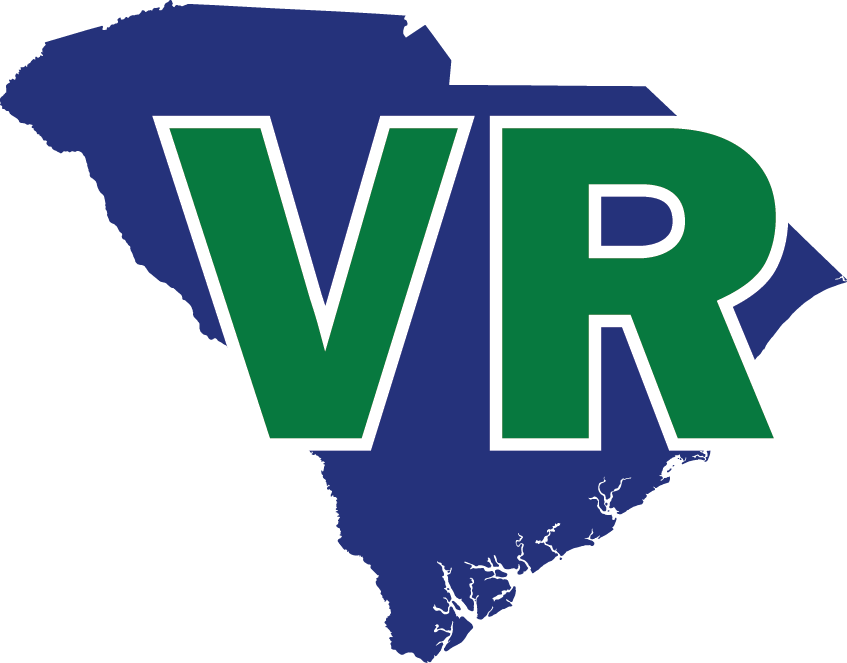Ritalin Addiction Detox Center Coeur D Alene ID
Home
Ritalin Addiction Detox Center Coeur D Alene ID Resources & Info
Ritalin Addiction Detox Center Coeur D Alene ID
Teen-focused treatment facilities specialize in therapies that have proven to be effective in teens. It's very common to see them work also with family members who are affected by the addictions of the individual, or in a community to prevent addiction and educate the public. It is almost like a home to the residents, where they are constantly reassured of their role in society and given the loving attention they sometimes crave for more than their drugs. It’s really lovely to be present in my life.†-Colin Farrell As is very true and something to ponder on, there is a vast difference between surviving and living. Speak with an Intake Coordination Specialist now. Often, addicted individuals are not ready to admit they have a substance use disorder, and this can present a problem for speaking to them about it.
Once craving has been activated, permissive beliefs ("I can handle getting high just this one more time") are facilitated. Twitter will use this info to make your timeline better. From youth drug experimentation and years-long addictions among adults to those whose drug use ends in fatalities, statistics on drug use can be surprising. In addition to assisting with finding treatment facilities, calling our non-profit hotline immediately connects you with someone who understands what you or your loved one is going through and who can help you understand the rehab process Help is available and is only a call away.
Extra Resources For Propoxyphene Rehab Centers

Below are Some More Info on Propoxyphene Rehab Centers Coeur D Alene ID
I can't explain the totally freedom I have I am in control of my life again. Undo Undo DRUG ADDICTION HELPâ€Â @help_addiction Apr 10 More Do you remember when you joined Twitter? More here on how can drug helplines assist you with these issues. More On Getting Into Treatment: Anthem Insurance Getting Into Rehab Paying for Treatment Medicare and Medicaid Resources for Finding Drug Rehab There are a number of ways to search for local or national rehab facilities and programs. Drug rehabilitation, commonly referred to as “drug rehab,” is the process of treatment for dependency on drugs.
A lot more Resources For Codeine Detox Treatment Programs
By seeking to “protect” your job, relationships or social standing by not entering inpatient treatment, you risk those things with drug use. They also have a strong presence on social media, and a four-and-a-half star rating on Facebook. Ongoing therapy is also offered after rehab to help recovering drug addicts live drug-free lives. For individuals who have been hooked on alcohol, opiates, and a few other types of substances, detox is an especially important stage of rehab, since withdrawal from these substances can actually be fatal without clinical assistance. ‘Cold turkey’ is not just inappropriate, but may well be deadly for certain people.
Right here are Some Even more Resources on Propoxyphene Rehab Centers Coeur D Alene ID
While luxury settings are nice, they likely come with a big price tag. For them, it may take even more severe consequences for them to reach bottom. When an addict is not engaging in addictive behaviour or taking drugs, their dopamine levels severely drop, leaving them feeling restless, anxious and depressed; this is why they are compelled to carry on with the addiction. If they are a young adult and out on their own, your approach will be different, but be upfront with your concerns. It’s not that they don’t love you, it’s that they are an addict. Motivational interviewing, which is designed to increase patient motivation to change behavior and enter treatment.[7] Motivational incentives, which uses positive reinforcement to encourage abstinence from the addictive substance.[8] Treatment can be a long process and the duration is dependent upon the patient’s needs and history of abuse. Speak with an Intake Coordination Specialist now. We have found that people can thrive in a Christian outpatient treatment program if they have the proper motivation. Acamprosate has shown effectiveness for patients with severe dependence, helping them to maintain abstinence for several weeks or months.[13] Disulfiram (also called Antabuse) produces a very unpleasant reaction when drinking alcohol that includes flushing, nausea and palpitations. These include: Having bloodshot eyes or dilated pupils; using eye drops to try to mask these signs Skipping class; declining grades; suddenly getting into trouble at school Missing medications, prescriptions, money or valuables Acting uncharacteristically isolated, withdrawn, angry, or depressed Sudden mood changes or repeated health complaints, constant fatigue Dropping one group of friends for another; being secretive about the new peer group Loss of interest in old hobbies; lying about new interests and activities Demanding more privacy; locking doors; avoiding eye contact; sneaking around 7 steps parents can take to curb teen drug use Talk openly about the dangers of both illegal and prescription drug use with your kids.  Providing a safe and open environment to talk about these issues can make a real difference in the likelihood that they’ll use or abuse drugs.
Click Here for More Information
Previous Next
You may also like:
Mushrooms Addiction Treatment Marion WI
Hydrococet Detox Treatment Facilities Rankin TX
Non 12 Step Groups Chewalla TN
Revia Abuse Treatment Programs Citra FL
Molly Rehab Treatment Facilities Russellville KY
Drug Rehab With Horses Vail CO
Addiction Detox Clinics Alice TX
Methamphetamine Addiction Clinic Hampton Falls NH
Ketamine Abuse Treatment Lawton ND
Percodan Addiction Detox Centers Poplar WI
Ghb Addiction Detox Clinic Hollywood FL
Dextrostat Addiction Rehab Clinic Irons MI
Treatment Of Opioid Dependence Crossnore NC
Dextropropoxyphene Rehab Program Kodiak AK
Biphetamine Rehab Treatment Program Storrie CA
Halcion Rehab Center Bryan OH
Amphetamines Abuse Centers White Oak WV
Campral Addiction Rehab Kermit TX
Oramorph Detox Treatment Clinic Gordon GA
Secobarbital Detox Treatment Program Stanley KY